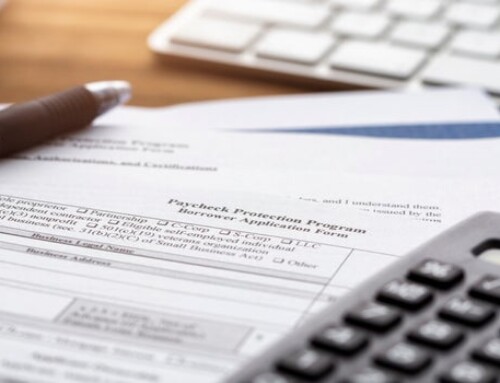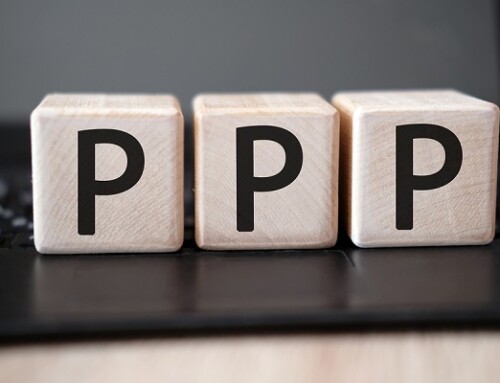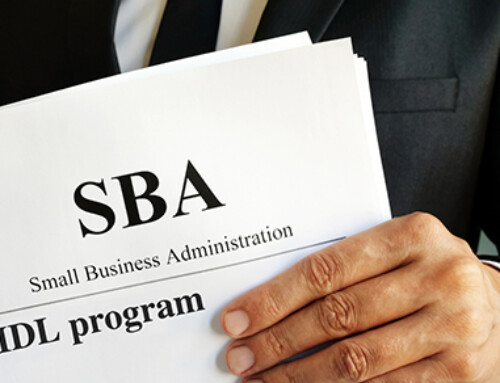We have a question that you likely do not want to hear: how would your travel, entertainment and education tax records hold up in an IRS audit?
Do you think you could get them in shape before the IRS gets to you? Think again. This is highly unlikely to work, for three reasons:
- You have violated the timely records rule, and the IRS is likely to figure this out.
- You likely don’t have the receipts required.
- You likely don’t know what you are supposed to document.
Think of the wasted time you would spend creating records that may well give you nothing for the effort. That’s what happened to Nathan E. Lang.
- Lang claimed $16,327 as employee expenses. The IRS audited Lang’s tax return. How much did the IRS allow in employee-expense deductions? Answer: zero.
- Lang claimed $17,875 in proprietor expenses on Schedule C. How much did the IRS allow in Schedule C deductions? Answer: zero.
You might ask: how could the IRS disallow everything? Answer: Lang dug his own grave with bad records. Lang took his case to court. The Tax Court explained the rules that apply to Lang’s deductions as follows:
- The IRS is presumed correct in denying all of Lang’s deductions.
- Lang has the burden of overcoming this presumption and proving that the IRS is wrong.
- Under Cohan, the court may estimate certain deductible expenses if Lang provides sufficient evidence for estimates; however, in deciding the deductible amounts, the court must bear heavily against Lang, as such lack precision in record-keeping are of his own making.
- The court may not apply Cohan estimates to travel; meals and entertainment; or listed property, such as a passenger vehicle. The court must disallow these deductions in full if they fail the strict substantiation requirements of Section 274(d) as to amount; time and place; business purpose; and, in the case of meals and entertainment, business relationship.
You are probably like most business people. You don’t get up in the morning excited about keeping your tax records. It’s also likely that you don’t get happy about reconciling your checkbooks or putting ink or toner in your printers, just as the farmers you know don’t get excited about cleaning out their barns. You can use any method that meets the law’s requirement to document your deductions. Make sure you know what is needed, and then make sure you have the proof. Tax life is so much simpler this way.
But if you want to be in business and not suffer when the IRS audits your tax returns, you need to keep tax records. This takes a little time and requires some knowledge. We can help you create the tax records that you need to avoid trouble, especially the type of trouble that Lang suffered. If this is of interest, please give us a call.





